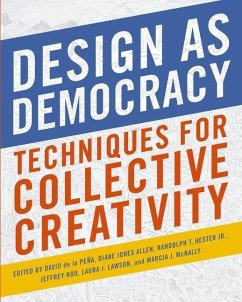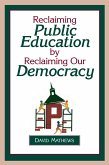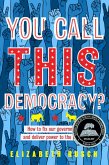How can we design places that fulfill urgneeds of the community, achieve environmental justice, and inspire long-term stewardship? By bringing community members to the table, we open up the possibility of exchanging ideas meaningfully and transforming places powerfully. Collaboration like this is hands-on democracy in action. It's up close. It's personal. For decades, participatory design practices have helped enliven neighborhoods and promote cultural understanding. Yet, many designers still rely on the same techniques that were developed in the 1950s and 60s. These approaches offer predictability, but hold waning promise for addressing currand future design challenges. Design as Democracy: Techniques for Collective Creativity is written to reinvigorate democratic design, providing inspiration, techniques, and case stories for a wide range of contexts.Edited by six leading practitioners and academics in the field of participatory design, with nearly 50 contributors from around the world, Design as Democracy shows how to design with communities in empowering and effective ways. The flow of the book's nine chapters reflects the general progression of community design process, while also encouraging readers to search for ways that best serve their distinct needs and the culture and geography of diverse places. Each chapter presents a series of techniques around a theme, from approaching the initial stages of a project, to getting to know a community, to provoking political change through strategic thinking. Readers may approach the book as they would a cookbook, with recipes open to improvisation, adaptation, and being created anew.Design as Democracy offers fresh insights for creating meaningful dialogue between designers and communities and for transforming places with justice and democracy in mind.
Dieser Download kann aus rechtlichen Gründen nur mit Rechnungsadresse in A, B, BG, CY, CZ, D, DK, EW, E, FIN, F, GR, HR, H, IRL, I, LT, L, LR, M, NL, PL, P, R, S, SLO, SK ausgeliefert werden.









